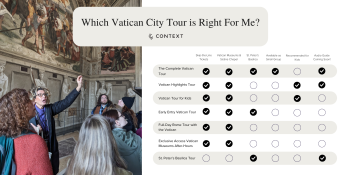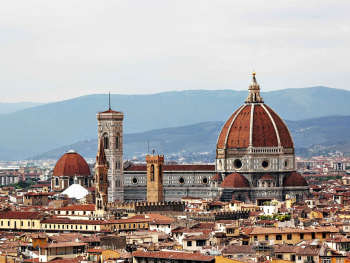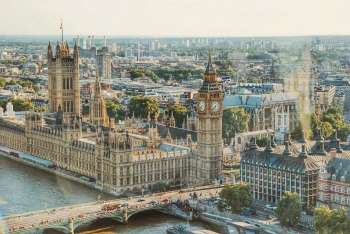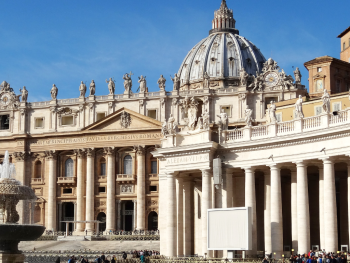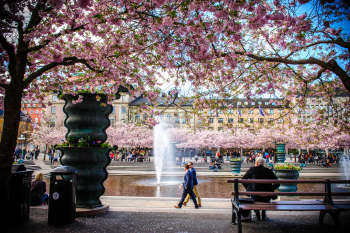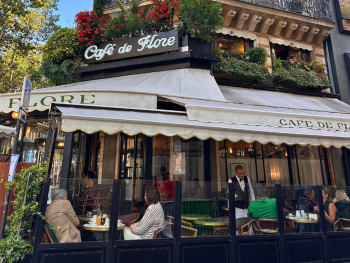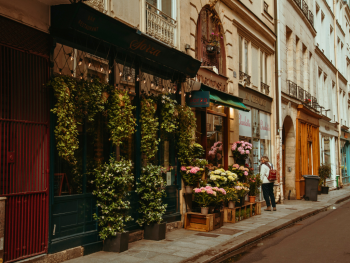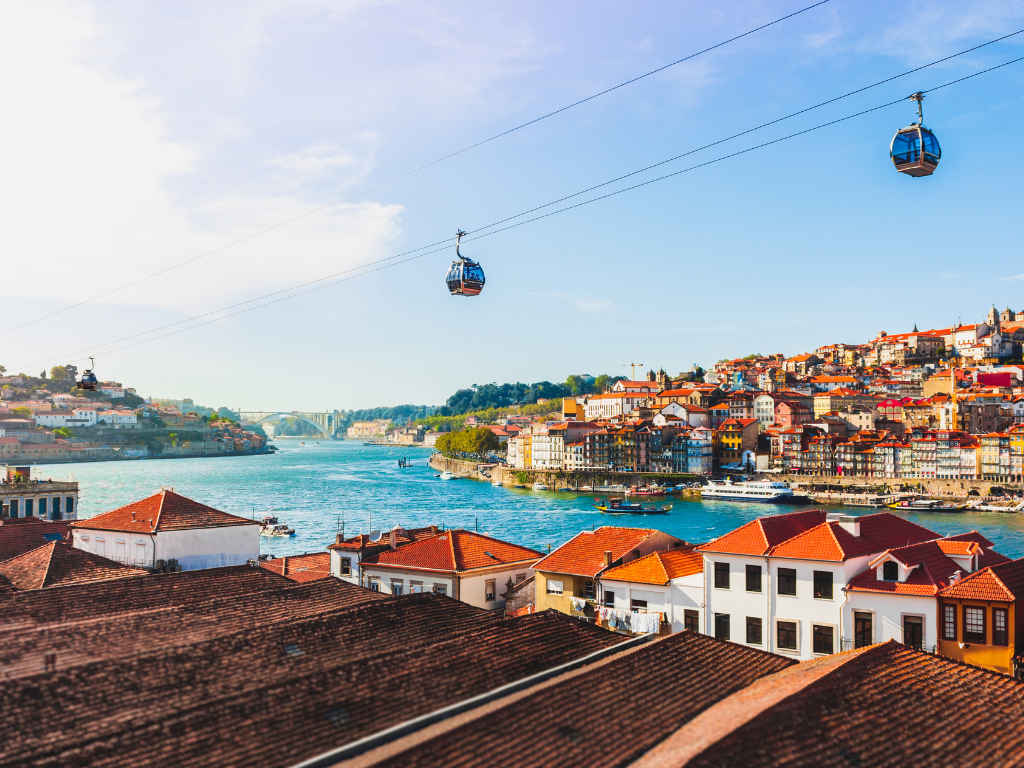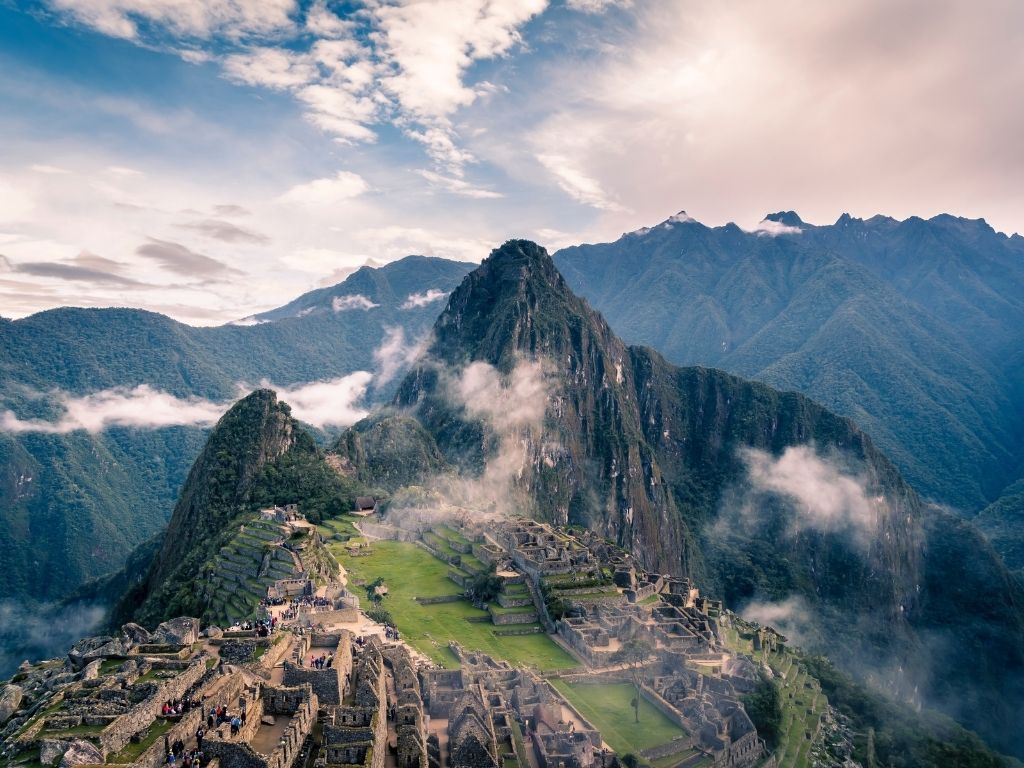Rome: Read, Watch, Listen
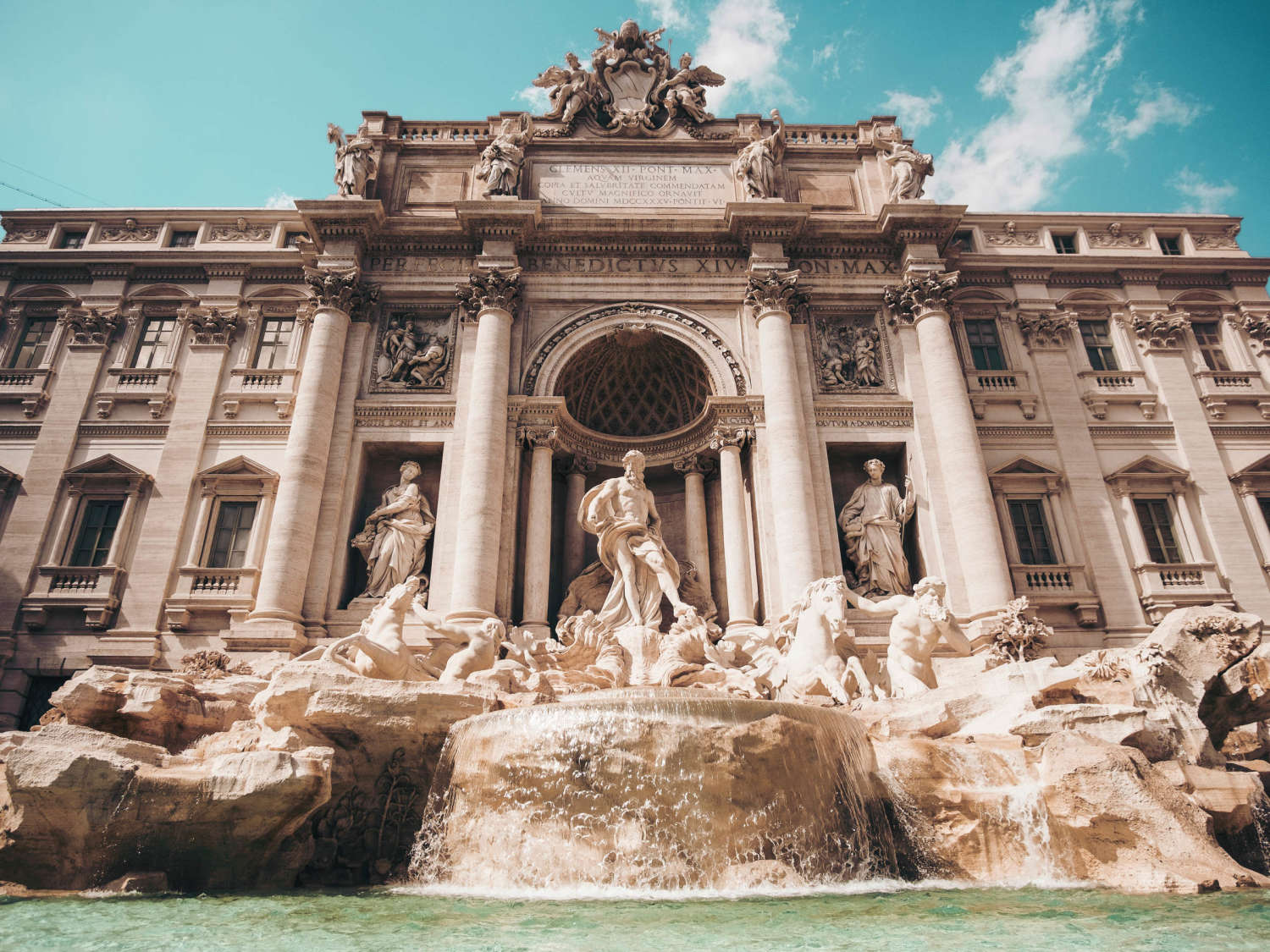
The Trevi Fountain in Rome, an iconic favorite for penny-tossing tourists, thanks to its starring role in films like La Dolce Vita and Three Coins in the Fountain
Where can one glance over three thousand years of history with a single look if not Rome? The layers of the city’s history are so deep that to see them is one thing, to understand them is a whole other endeavor. So, while the idea of a comprehensive collection of information on Rome is, one might say, a commedia all'italiana, what follows is our starter list of essential books, movies, and music to help you begin to uncover Rome throughout the ages, from antiquity to the Renaissance to the present. Think of this as the first layer of your Roman journey, with many more to follow:
Read
I, Claudius
by Robert Graves
Graves' masterpiece first found its way into our hearts in the form of its 1976 TV adaptation (featuring a magnificently unhinged John Hurt as Emperor Caligula), but the book is also widely acclaimed as one of the best historical novels ever written. Robert Graves walks a mile in Claudius’s shoes and writes a fictional eyewitness account of the reign of the first four Caesars: the noble Augustus and his cunning wife, Livia; the reptilian Tiberius; the monstrous Caligula; and finally Claudius himself and his wife, Messalina. Filled with poisonings, betrayal, and shocking excesses, I Claudius is history that rivals the most exciting contemporary fiction.
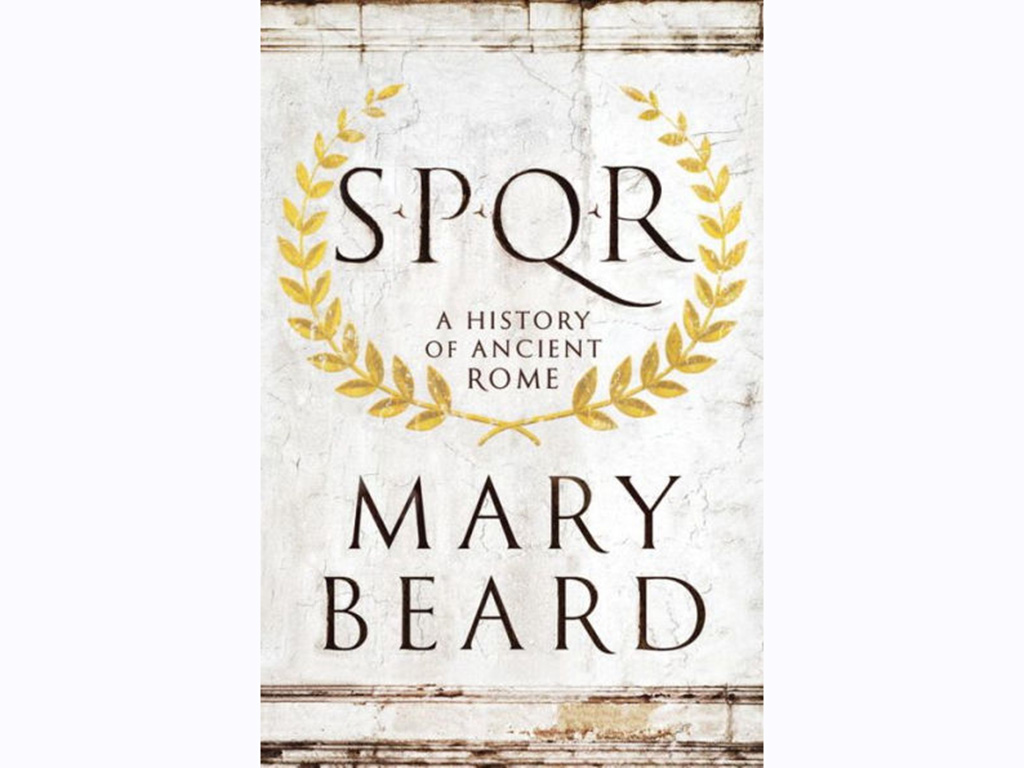
SPQR
by Mary Beard
Sweeping over nearly a thousand years of history, this highly informative and readable work not only examines how we think of ancient Rome but also challenges the perspectives that have existed for centuries. With its nuanced attention to class, democratic struggles, and the lives of entire groups of people omitted from the traditional historical narrative, SPQR will shape our view of Roman history for decades to come.
Imperium
by Robert Harris
Best-selling author Robert Harris returns to ancient Rome for this entertaining and enlightening novel of Marcus Cicero's rise to power. Narrated by a household slave who was Cicero's "confidential secretary" for 36 years, this fictional biography follows the statesman and orator from his early career as an outsider to his election to Rome's highest office in 64 B.C.
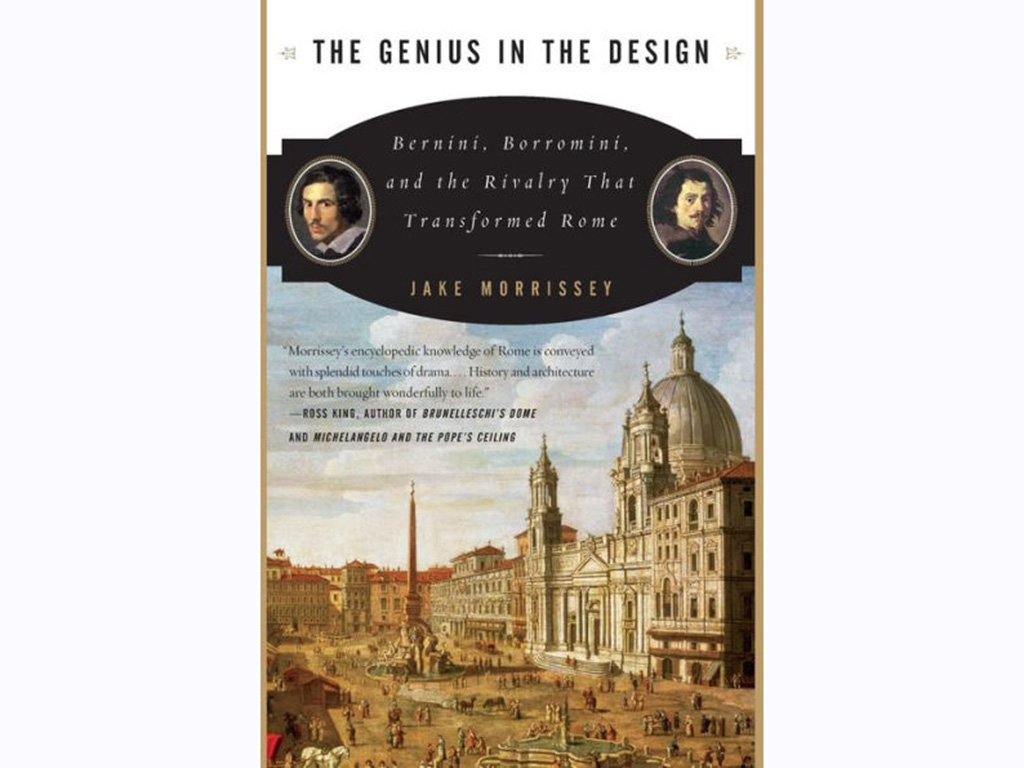
The Genius in the Design: Bernini, Borromini, and the Rivalry that Transformed Rome
by Jake Morrissey
The rivalry between the brilliant and enormously talented seventeenth-century Italian architects Gianlorenzo Bernini and Francesco Borromini is the stuff of legend—and one of our favorite topics, as explored in our Bernini and Borromini tour. They met as contemporaries in the building yards of St. Peter's in Rome and became the greatest architects of their era by designing some of the most beautiful buildings in the world. Impeccably researched, and full of dramatic tension and breathtaking insight, The Genius in the Design is the remarkable tale of how two extraordinary visionaries schemed and maneuvered to get the better of each other and, in the process, created the spectacular Roman cityscape of today.
Caravaggio: a Life Sacred and Profane
by Andrew Graham-Dixon
With illuminating readings of Caravaggio's infamous religious paintings, Graham-Dixon immerses readers in the world of Italy at the height of the Counter-Reformation and creates a masterful profile of the mercurial painter's life and work. This is an excellent accompaniment to our Caravaggio in Rome tour and Caravaggio and the Baroque tour in Naples.
Clash of Civilizations Over an Elevator in Piazza Vittorio
by Amara Lakhous
A small culturally mixed community living in an apartment building in Rome is catapulted into chaos when one of the tenants is murdered. As each of the victim's neighbors is questioned by the police, readers are offered an inside look into the most colorful neighborhood in contemporary Rome.
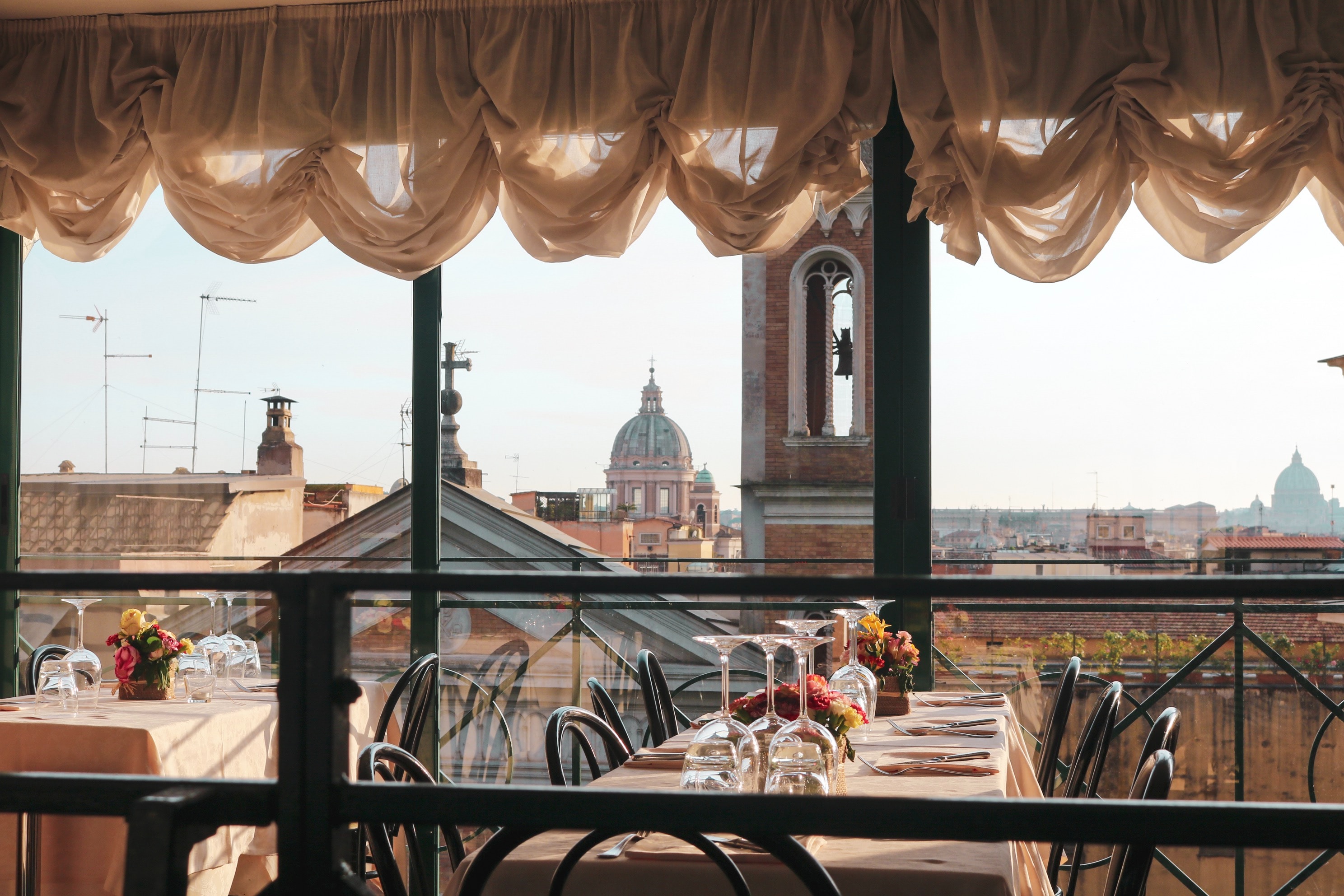
Watch
Ben Hur (1959)
Winner of 11 Academy awards, Ben Hur is the epic drama about an aristocratic Jew living in Judaea who incurs the wrath of a Roman tribune. Forced into slavery on a galley and compelled to witness the cruel persecution of his family, he survives, harboring dreams of vengeance.
The Bicycle Thief (1948)
In poverty-stricken postwar Rome, a man is on his first day of a new job that offers salvation for his desperate family when his bicycle is stolen. With his young son in tow, he sets off to track down the thief and retrieve his bike, without which he cannot work. Revered as a foundation stone of Italian neorealism, The Bicycle Thief is a simple but powerful story.
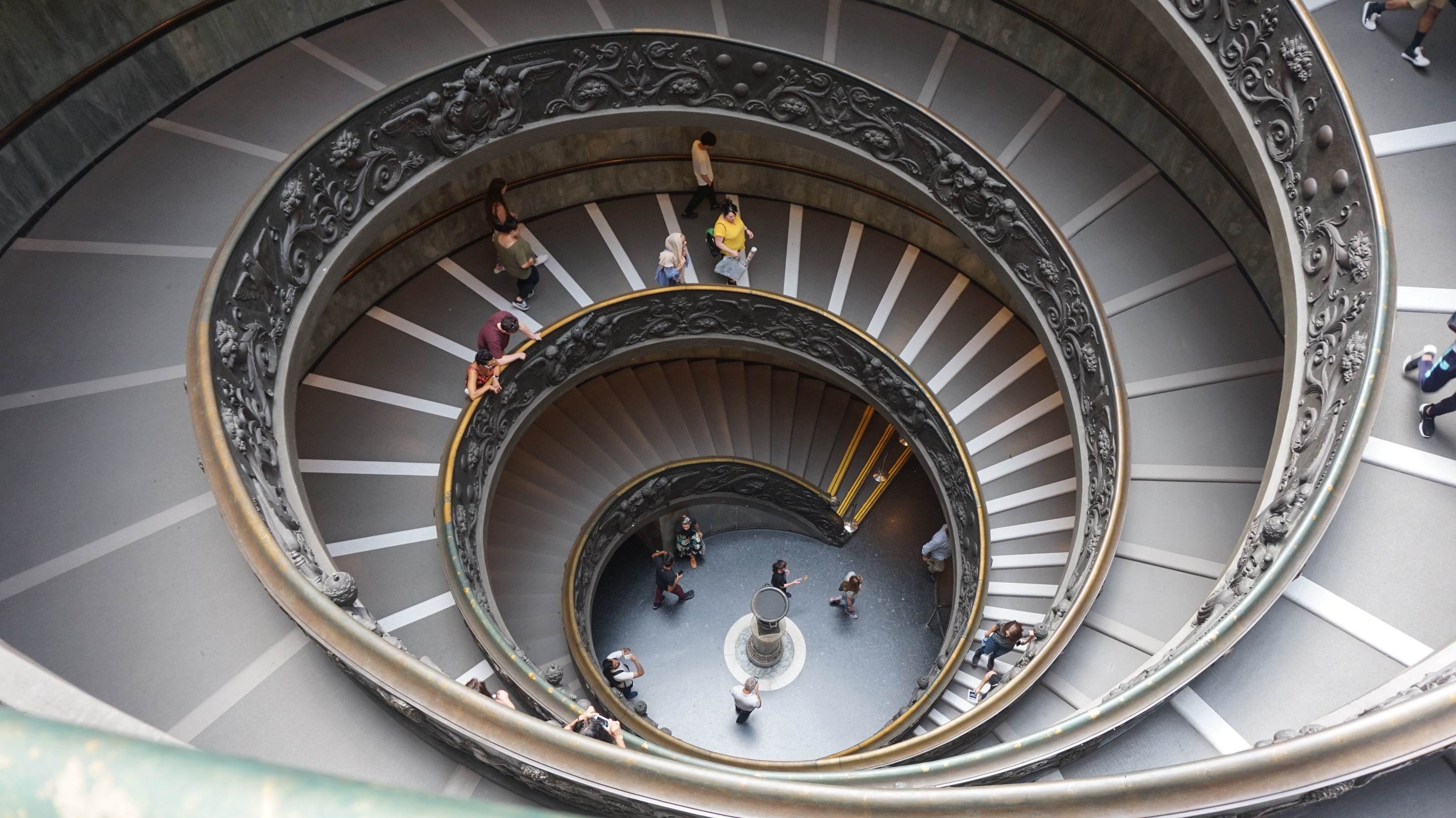
Caterina in the Big City (2004)
A 15-year-old provincial girl moves to Rome and finds her new private school is a microcosm of the cultural and political divisions of Italian society. Her class is split between revolutionary no-globals and rich kids who parrot their parents' conservative ideas. Both sides try to bring the new girl into their sphere of influence. At home, as her parent's marriage disintegrates in the face of her father's social frustrations, Catherina finds comfort in her extended family.
La Dolce Vita (1961)
Fabulous for much more than the indelible image of a bosomy Anita Ekberg frolicking through the Trevi Fountain, La Dolce Vita brings the Rome of the "Italian Economic Miracle" era to life at its snappy, sophisticated, decadent best. Marcello Mastrioanni stars as Fellini's alter ego in the role of a gossip-chasing papparazzo who, having left his dreary provincial existence behind, wanders through a modern, moody Rome. Throughout his adventures around the city, Mastrioanni's dreams, fantasies, nightmares, and fears are mirrored by the hedonism all around him.
(A related aside: one of our favorite follow ups to any Mastroianni film is the 2006 documentary Marcello: A Sweet Life, a tender look at the life and career of a man who, by our definition, was the very epitome of a gentleman).
Pranzo di ferragosto (2008)
A man unexpectedly finds himself taking care of four women, three of whom he barely knows, in this sunny Italian comedy. Gianni is a man in his mid-sixties who still lives with his mother, Valeria. Gianni owes money on the rent, and his landlord, who wants to take off for the midsummer festivities of Ferragosto, makes him a deal. Pranzo di Ferrogosto is heart-warming and light but offers surprising depth.
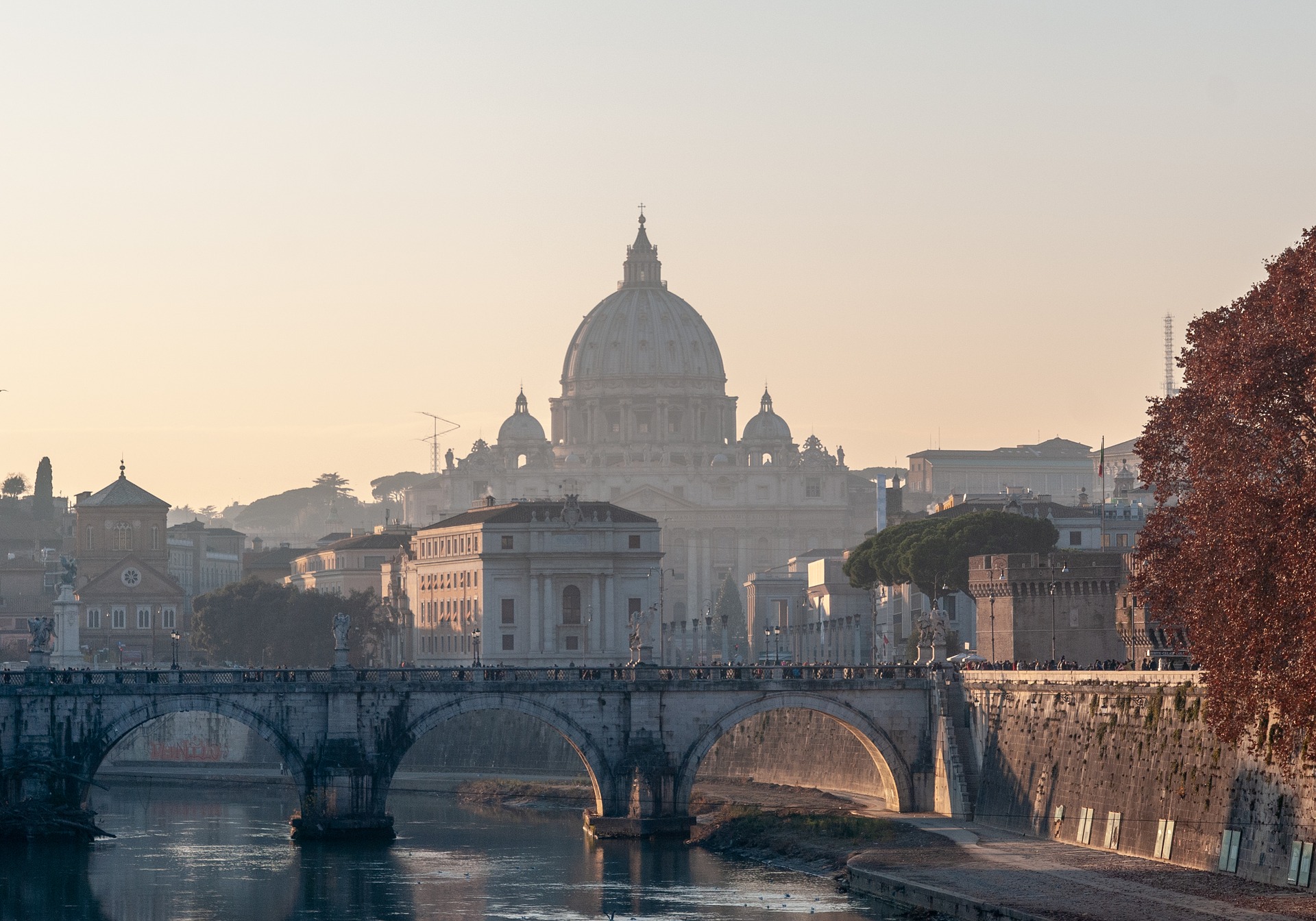
Roman Holiday (1953)
Even the highest of the highbrow among us couldn't leave this off their list. A delightful fairy-tale romance that pairs Audrey Hepburn's charming runaway princess with a dapper Gregory Peck as an American journalist, the film also features the city in a major starring role. As the duo evade her royal obligations, they jaunt through a veritable highlight reel of Rome's most beloved spots, from the Tiber to La Bocca della Verita.
8 ½ (1963)
Exhausted from the success of his latest blockbuster film, and already feeling pressured to come up with another smash hit, filmmaker Guido Anselmi suffers from a creative block. He heads off for a mountain resort to recharge and begins a search for new inspiration which leads him down many strange, twisted paths that provide the basis of 8 1/2. One of Fellini’s most deeply personal films, the title represents the number of films he made at the time.
Listen
Laura Pausini/ Le Cose Che Vivi
Mina/ Studio Uno
Giacomo Puccini/ La Bohème
Ennio Morricone/ The Good, the Bad, and the Ugly
Amedeo Minghi/ Tutto il Tempo
Fabrizio de André/ Tu che m'ascolti Ilsegnami
Giorgio Gaber/ Le Donne di Ora
Giovanna Daffini/ Bella Ciao
The Fall of Rome Podcast
For more, listen to our Rome Playlist on Spotify
Even More from Context
We're Context Travel 👋 a tour operator since 2003 and certified Bcorp. We provide authentic and unscripted private walking tours and audio guides with local experts in 60+ cities worldwide.
Search by CityKeep Exploring
